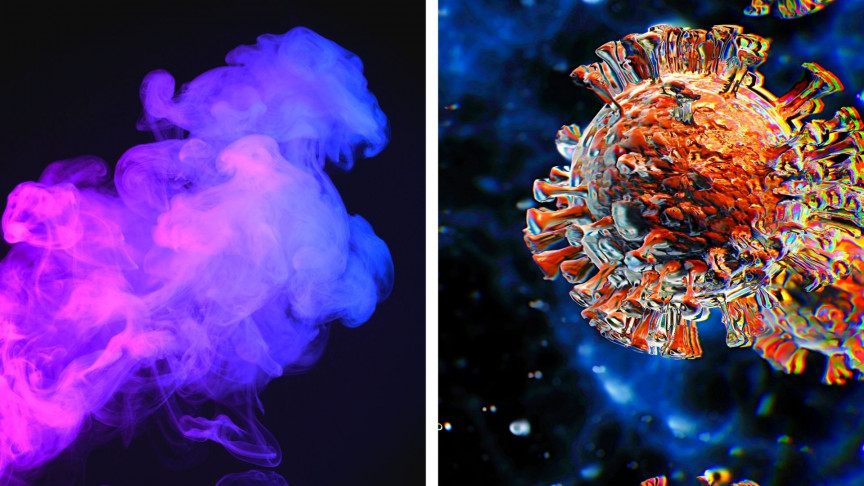This post may refer to COVID-19
To access official information about the coronavirus, access CDC - Centers for Disease Control and Prevention.

interestingengineering.com
Scientists Just Cured the Coronavirus With Inhalable Nanobodies
This could serve as a new alternative to rapidly confront coronavirus variants in a vulnerable population. But it's still in the preclinical stages.
Science & Tech
Imagine an alternate universe where, instead of traveling across the city or driving anxiously for miles to a vaccination center, you simply pick up a gadget with inhalable nanobodies in a vapor-like form that can cure early-stage illnesses, and even prevented them from coming back. Imagine we're talking about the coronavirus, and the vapor is a cloud of nanobody-based material. Turns out, this isn't cyberpunk exposition.
A new inhalable nanobody-based treatment could prevent and treat the COVID-19 coronavirus via ultra-low doses, according to a new study involving hamsters and published in the journal Science Advances.
While this is still in a very early, preclinical phase, this could fundamentally change the way we prevent radical viruses on a societal level.
The nanobody-based substance works regardless of its entry point into a respiratory system
The inhalable nanobody-based treatment could prevent and treat COVID-19 coronavirus infections via ultra-low doses, in a new study with Syrian hamsters. The new therapy is called the Pittsburgh inhalable Nanobody 21 (PiN-21), and might offer an affordable and needle-free alternative to the monoclonal antibodies conventionally used to treat early infections. Sham Nambulli and their colleagues developed a new method called PiN-21, which makes use of single-domain antibody fragments, which are far less costly to produce than monoclonal antibodies. And this recent study represents the first successful report of PiN-21's efficacy in living organisms.
























































